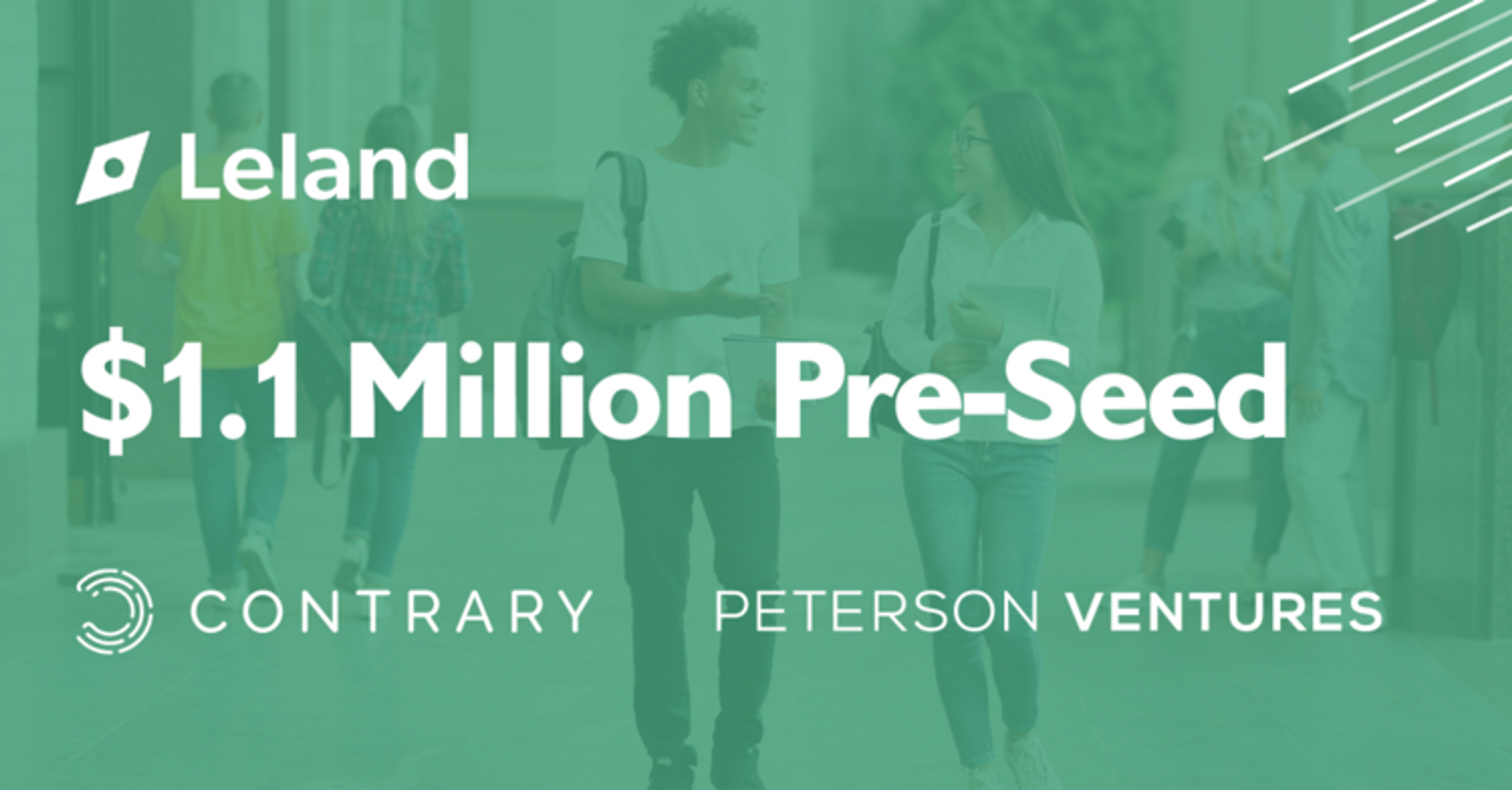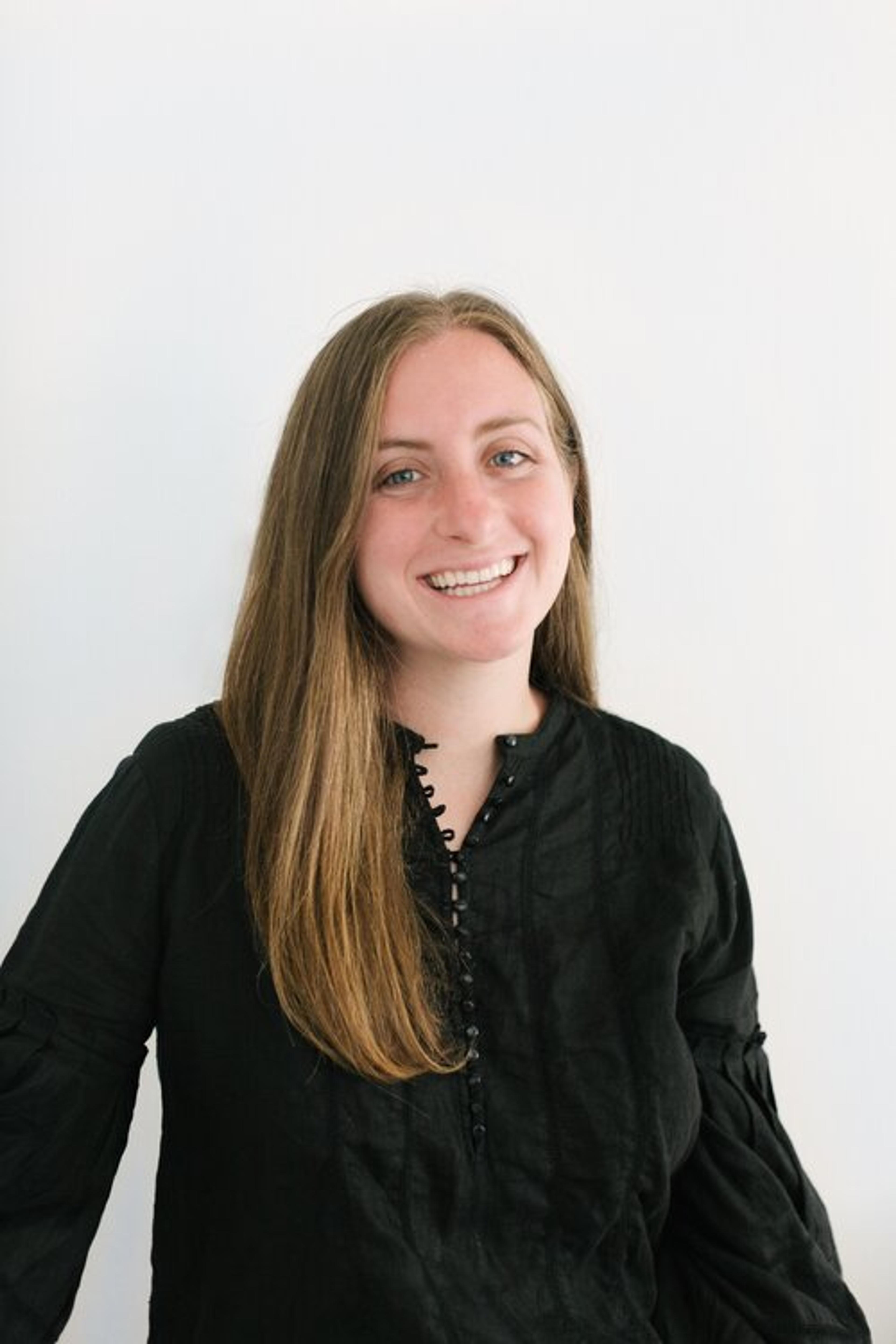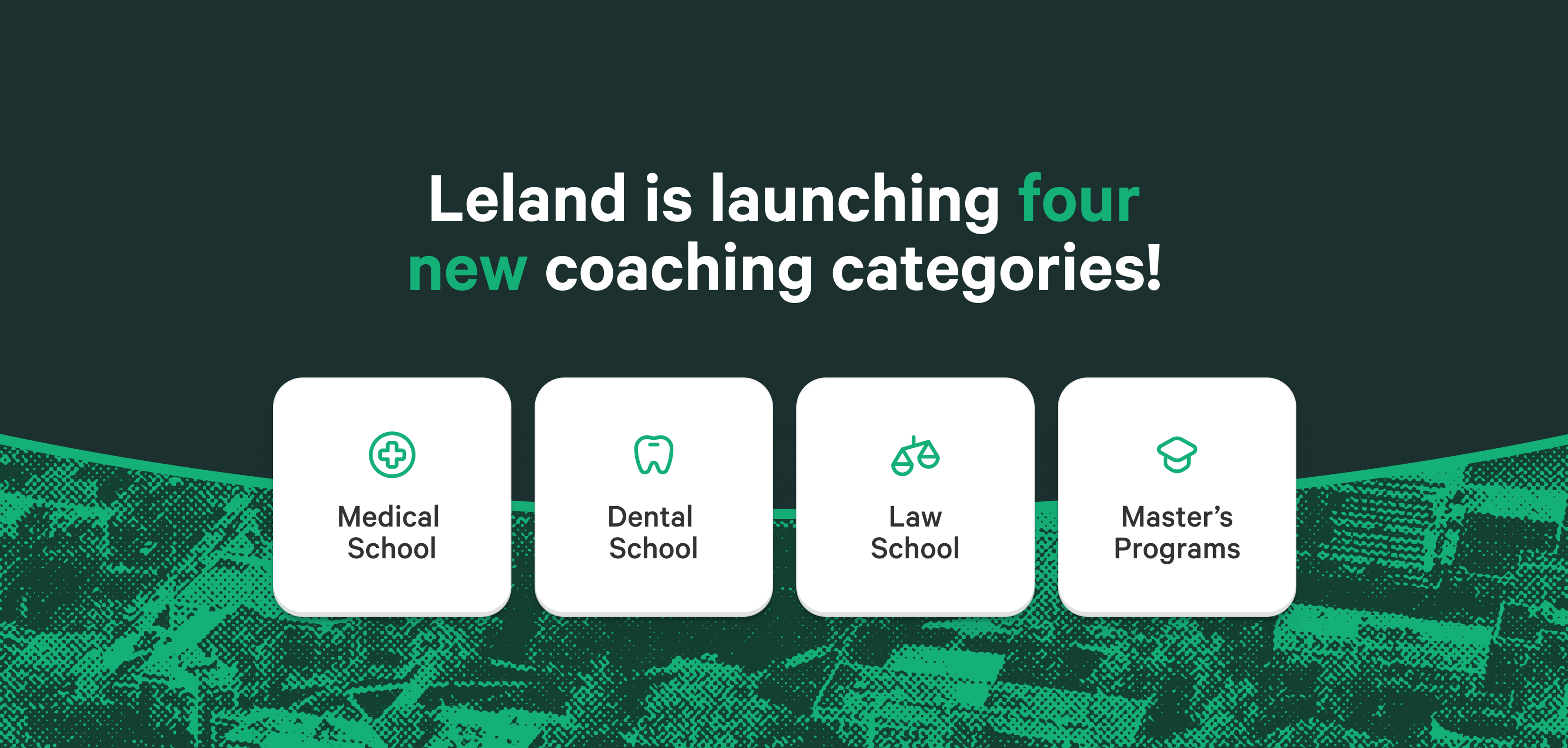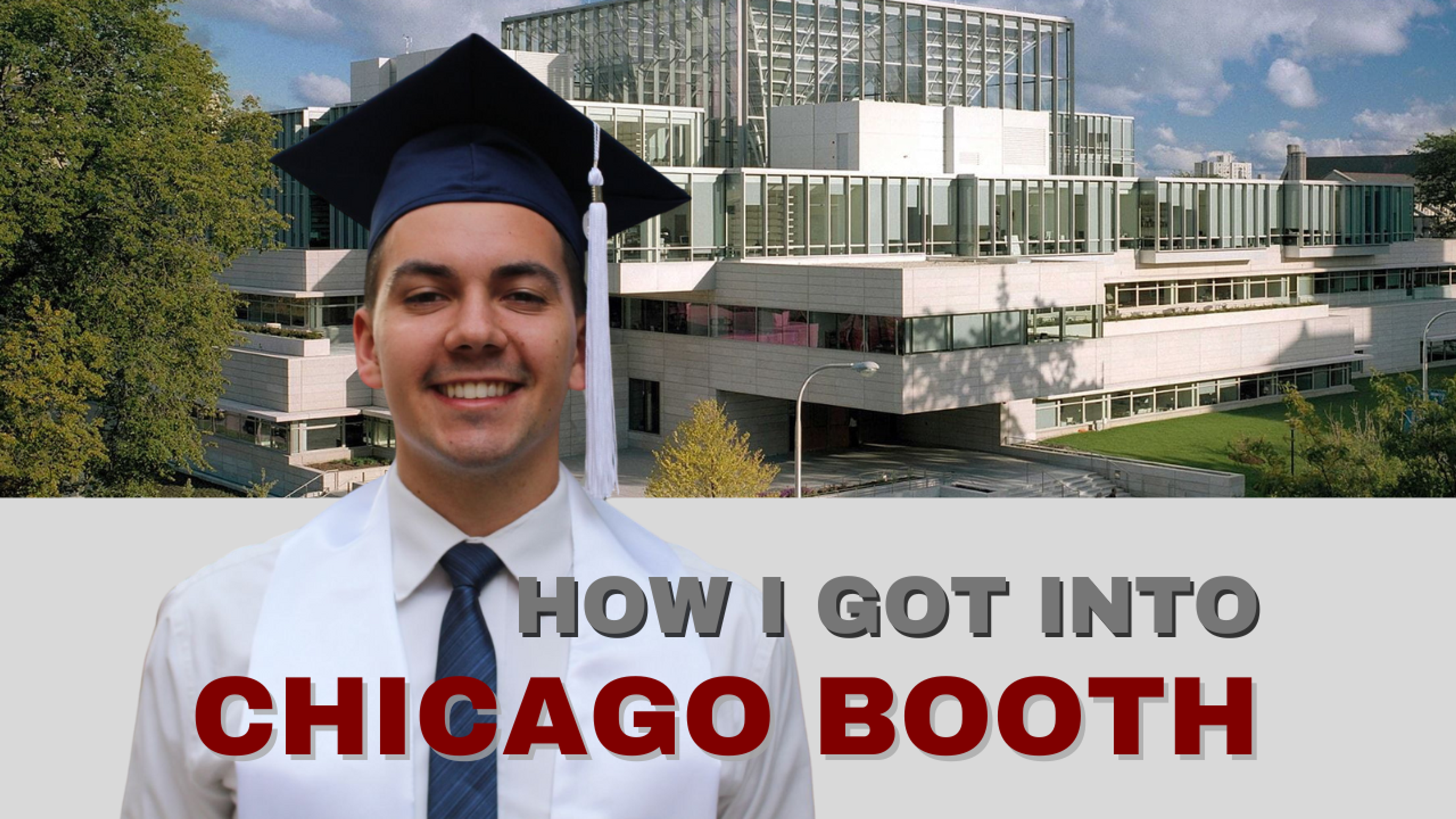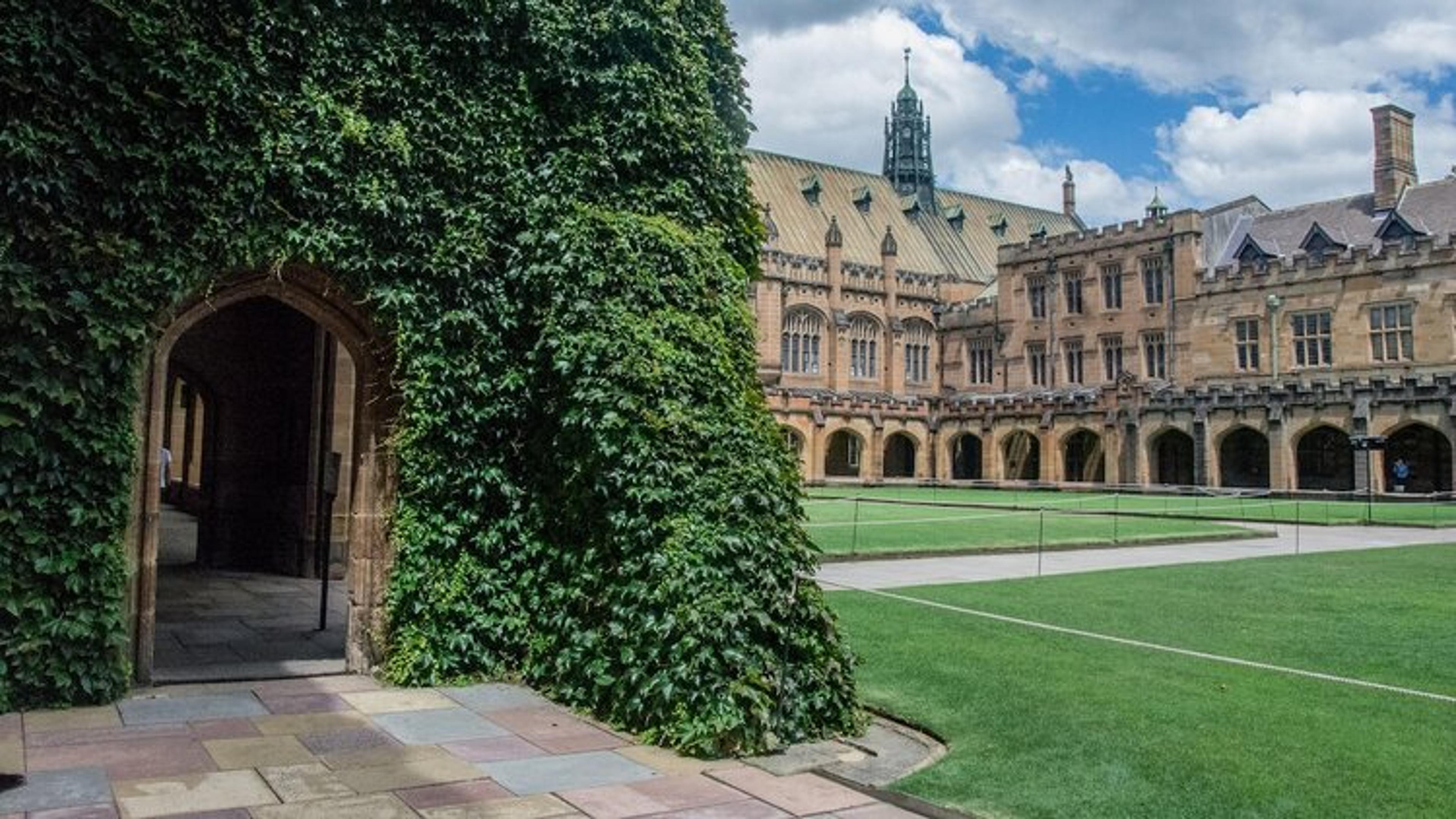Why I Coach—Ishan Sharma
Ishan S., an expert Leland coach, Wharton MBA, and McKinsey Interviewer, outlines why he chooses to coach and what it means to him.

By Ishan S.
Posted June 13, 2025

Education was the most important thing in my family. It’s easy to see why: my dad was an immigrant from India. He grew up in a village comprised mostly of farmers. The village had sporadic electricity, clean water only accessible through a hand-pumped well, and the nearest school was a few miles away — which my dad had to walk to by foot. Through his education, my dad attained a post-doctorate science scholarship to study in the U.S. and eventually settled in Silicon Valley. Education took him from working in the farm fields of India to studying in the fields of biochemistry in America. 30 years ago, my father had mentors and coaches who helped him through his life-changing journey. That journey has inspired me to do the same: empower others in their own educational journeys. I do that by coaching.
My official coaching journey started when I got into Haas’s School of Business (undergrad). I wasn’t a star candidate: My GPA was slightly below average and my performance in core classes was lower than I’d hoped for. But I had strong extracurriculars, and a story to tell. Berkeley took a bet on me, and I got in. Aside from deep gratitude, this instilled in me the understanding that GPA isn’t the only factor admissions committees look at. They really want to know the full picture, see the real you. Since graduating from Berkeley, I’ve coached several students on their own admissions journeys. Years later, I was admitted to Wharton, this time for my MBA, where I’m currently studying. Now, I’m able to continue my coaching through Leland.
I’m thrilled to join Leland as a coach, not just because I can continue paying it forward through coaching, but because of the company itself. John, one of the Founders of Leland, was my coach when I applied to Wharton. John played to my strengths as an applicant. My GPA and GRE weren’t the most competitive, but John helped me accentuate other parts of my application. For example, I selected my recommenders — one from McKinsey and the other from my school’s entrepreneurship program — to profile my strengths outside of the classroom. For my essays, I focused on cultivating diversity in entrepreneurship. I think these tactics helped me offer up a breath of fresh air in my application to Wharton, who traditionally sees a lot of candidates from finance backgrounds. John helped me earn my spot at Wharton my identifying the strong story I already had, and helping me build on top of it.
I want to do the same for you. Everyone has their own strong story. No matter how your stats line up, you can build on yours, and get into your dream school. I want to help you do that.
—
Interested in working together on your MBA application? Click here for my Leland coaching profile.

Written by Ishan
0.0
(0)
👋🏽 I'm a McKinsey interview-trained consultant who is ready to give you the unfair advantage in your consulting interviews. I specialize in the undergraduate pipeline (vs. MBA or master's candidates) - but their interviews are scored the same, at least at McKinsey. I'm also a Wharton MBA deferred admit, as well as an ex-product marketer at Slack. I currently do product marketing at a Series B Unicorn, Athelas. COACHING STYLE How does McKinsey differ from BCG? Do I really need market sizing? Where do I get started? Whether you are completely new to consulting, or a seasoned business student, I'll help you become the best version of yourself. My belief is that each mentee has their own unique value to bring to firms. I want to make sure the firms you apply to see how your background will help them. This resonates with my story. Approaching my junior year, my resume was not your stereotypical consulting applicant shoo-in: my GPA was very out of 'target' range and I had a lot of informal startup experiences. But instead I used that unique profile to my advantage, McKinsey took a bet on me and I secured an offer. Prep doesn't mean starting from scratch. We take what's unique about you and accentuate it. It's about making a better version of what you already are. Starting from Day One of getting my McKinsey offer, I started training others. Here's a basic outline: • Start with a diagnostics case • Use my book of simulated McKinsey cases (and BCG, Bain, Deloitte, EY-Parthenon) to drill on areas for improvement • Deliver 'homework' at the end of each session for next time. EXPERIENCE Some of my consulting experiences include: • I was the former candidate prep lead at McKinsey & Company for UC Berkeley undergrad campus recruiting • I am McKinsey interview trained (trained to deliver and score interviews; available to those who spend 1.5 years at The Firm) • Final'd of national case competitions, including P&G National Case Comp (2/1,000+ students), Venture Capital Investment Competition (1st place, Silicon Valley), and more MATERIAL --- How to Case --- 👉 Note-taking (when receiving the prompt, AKA the "stem") 👉 Q&A (following the stem) 👉 Frameworking 👉 Presentation 👉 Quantitative analysis (e.g., math) 👉 Conceptual thinking (e.g., creativity) 👉 Analysis (e.g., deciphering charts) 👉 Delivering Conclusion There are several cases that come up during consulting interviews. They include: • Profitability (~20% of cases, usually first round) • Mergers & Acquisitions (~20% of cases) • Product/new business/service launch (30% of cases) • Wild card (e.g., vaccine roll-out, non-profit, or government; 15% of cases) • Other (15% of cases) We can cover all of them. -- Behavioral interviews -- 👉 Honed "Tell Me About Yourself" 👉 Live sessions to make sure you're ready for your respective interview pull Behaviorals have different formats: McKinsey has a Personal Experience Interview (PEI) with one interview question for 10 minutes. Other firms have a set of a classic set of behaviorals. Many individuals don't realize that some firms weight behaviorals as much as 50% of the interview. Consulting is a people job, and the preparation for behaviorals must be treated as such. Tell me about yourself. That's probably the most important question you'll get in business, and almost guaranteed at every interview. We'll go over that question, as well as a few stories as needed. -- Resume prep -- 👉 Resume clean-up (e.g., direct edits of your resume to bring out points to score highest on the rubrics; live call to bring out points if needed) 👉 Exact suggestions on where you can improve to stand out (e.g., if you're a junior what to work on for full-time cycle) FINAL THOUGHTS You'll get tips to kill your interview starting from interview #1. A well-prepped candidate will not just do great in consulting, but any type of business thinking - that's the great part about doing consulting prep!
Ishan has helped clients get into organizations like:
Browse hundreds of expert coaches
Leland coaches have helped thousands of people achieve their goals. A dedicated mentor can make all the difference.


